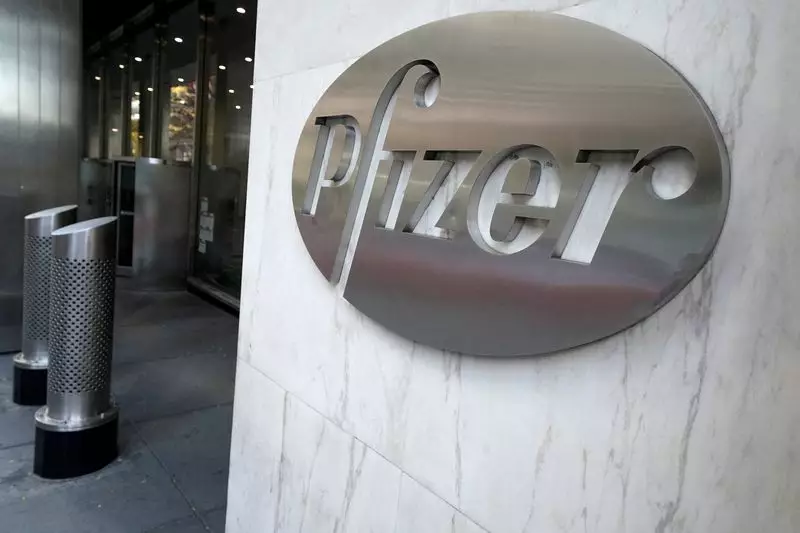In a move indicative of strategic realignment, Pfizer has appointed Chris Boshoff, a long-serving executive, as its new Chief of Research and Development (R&D). This decision comes in the wake of mounting pressure from shareholders concerned about the company’s performance and its capacity to yield profitable products following the pandemic-led surge in sales of its vaccines and treatments.
The backdrop to Boshoff’s appointment reflects a period of turmoil for Pfizer. Once hailed as a pharmaceutical giant for its rapid development of the COVID-19 vaccines, the company’s stock has seen a downward trajectory, plummeting nearly 13% this year. Instrumental in this decline has been the steep reduction in sales for its pandemic-related products, notably the COVID vaccine and Paxlovid, as the urgency for these interventions wanes. Critics, including activist investors like Starboard Value, argued that Pfizer’s approach to acquisitions and its internal research strategies have faltered, deeming the company’s expenditures excessive without the corresponding return on investment.
Boshoff’s ascension to the role of Chief Scientific Officer beginning January 1 marks a critical juncture for Pfizer. His extensive background within the company—having overseen the approval of 24 innovative treatments—positions him as a reliable figure to spearhead the company’s R&D efforts across various therapeutic realms. Analysts, such as Daniel Barasa from Gabelli Funds, have suggested that this appointment signals Pfizer’s commitment to focusing resources on oncology research, an area where it has previously seen greater success compared to recent disappointments in other R&D segments.
The decision to not appoint an external candidate, particularly in light of significant activist pressure, raises eyebrows. Stakeholders may have anticipated a fresh perspective, but the internal choice hints at a strategic pivot rather than a complete overhaul.
However, Boshoff’s new role comes with its own set of challenges. Conventional wisdom suggests that the pharmaceutical landscape is increasingly competitive, with companies racing to develop groundbreaking drugs. Pharma groups cannot overlook the consequences of recent failures—Pfizer’s missteps with its experimental obesity drug and the disappointing launch of its respiratory syncytial virus (RSV) vaccine are recent examples that have damaged investor confidence.
Additionally, the controversy surrounding Pfizer’s Oxbryta, a treatment for sickle cell disease which was withdrawn amid safety concerns, further complicates its reputation. The pipeline includes promising assets targeted at cancer and obesity, yet the company must prove their efficacy in a marketplace that is increasingly skeptical.
Boshoff’s leadership will be closely monitored as he tries to rejuvenate Pfizer’s portfolio. The company’s pipeline possesses several noteworthy projects—potential treatments for obesity, advanced cancer therapeutics, and newer pneumonia vaccines. The trajectory of these drugs will heavily dictate Pfizer’s market presence over the next few years.
Meanwhile, Roger Dansey’s temporary appointment as interim Chief Oncology Officer reflects a seamless transition in leadership, though the company faces a pressing need to identify a long-term successor for this pivotal role. Such continuity may play a significant part in ensuring that ongoing projects continue to progress without disruption.
Pfizer finds itself at a crucial crossroad as seasoned executive Chris Boshoff takes stewardship of its R&D sector. The need for innovation amid lingering investor doubt provides both a daunting challenge and an opportunity for revitalization. How effectively Boshoff navigates this landscape will shape not only the future of Pfizer’s drug pipeline but also its standing in an unforgiving pharmaceutical market. The coming months will be critical, as the industry watches to see whether the company’s renewed focus on oncology leads to the breakthroughs that its stakeholders are desperately seeking.

